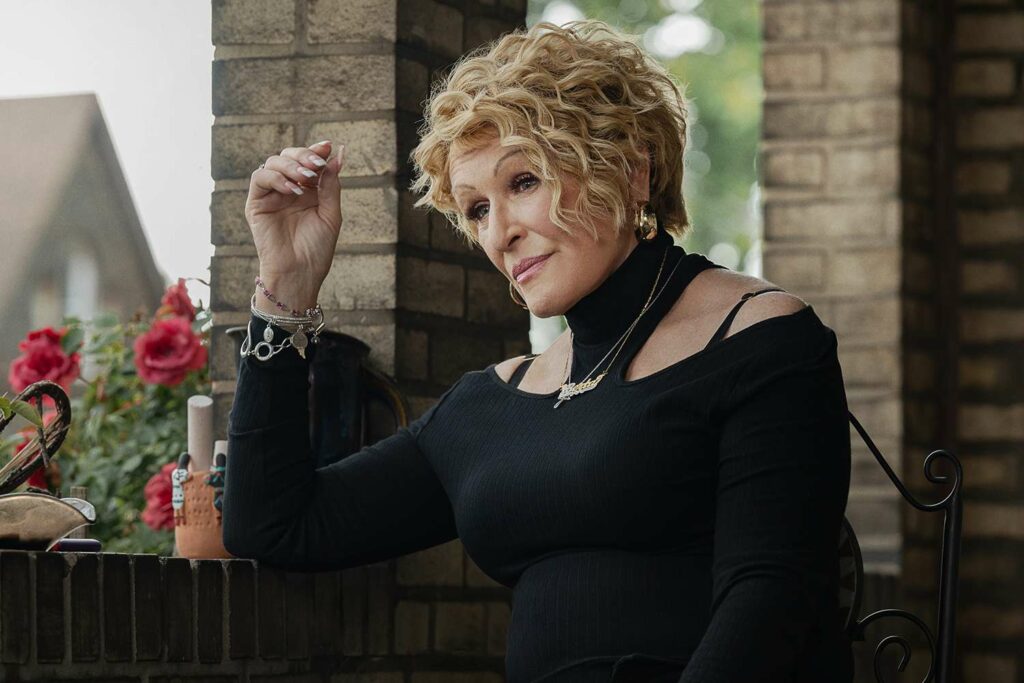The Deliverance, debuting on Netflix this Friday, showcases Glenn Close in a striking wig as she tries to rescue Lee Daniels’ chaotic and derivative horror film.
Unlike John Boorman’s classic from 1972, this exorcism flick is disappointing, especially coming from Daniels, whose unique style is only occasionally visible amidst the film’s familiar tropes.
The plot revolves around a Black single mother, Ebony, whose personal struggles reveal a supernatural twist. This marks Daniels’ first project since *The United States vs. Billie Holiday*, reuniting him with star Andra Day for a horror narrative that quickly becomes clichéd. Close’s flamboyant portrayal of Ebony’s mother adds some flair, but overall, the film lacks originality.
Set in 2011 Pittsburgh, *The Deliverance* claims to be based on true events, even ending with images of the real woman and home that inspired it. However, the story feels conventional as Ebony moves into a new house with her children—Nate, Shante, and Andre—along with her mother, Alberta (Close).
Alberta is depicted as a flashy grandmother, sporting bold outfits and a variety of wigs due to her chemotherapy. Her over-the-top personality brings some life to an otherwise predictable narrative.
Ebony struggles with alcohol and has a troubled relationship with her children, resulting in tension within the family. She is under scrutiny from a social worker, which complicates her already difficult circumstances.
The film hints at Ebony’s lack of faith compared to her mother, yet fails to develop this theme with clarity. Key plot elements, like a mysterious basement door, are introduced but largely ignored until the children’s behavior escalates at school.
Character development is uneven, as Ebony oscillates between being a troubled mother and a sympathetic figure, making it unclear how the film intends to portray her. This confusion extends to the interplay between her domestic issues and the demonic presence.
A pivotal moment arrives with the introduction of Reverend Bernice James, who proposes a “deliverance” ritual to confront the evil haunting the family. As the story progresses, Ebony’s journey toward faith becomes predictable, culminating in a confrontation with the supernatural.
Despite the film’s reliance on familiar horror tropes, it does not succeed in delivering genuine scares. Close’s performance stands out, adding a spark to the otherwise lackluster film. While she brings energy to her role, *The Deliverance* ultimately feels like a star-studded B-movie that fails to rise above its clichés.

